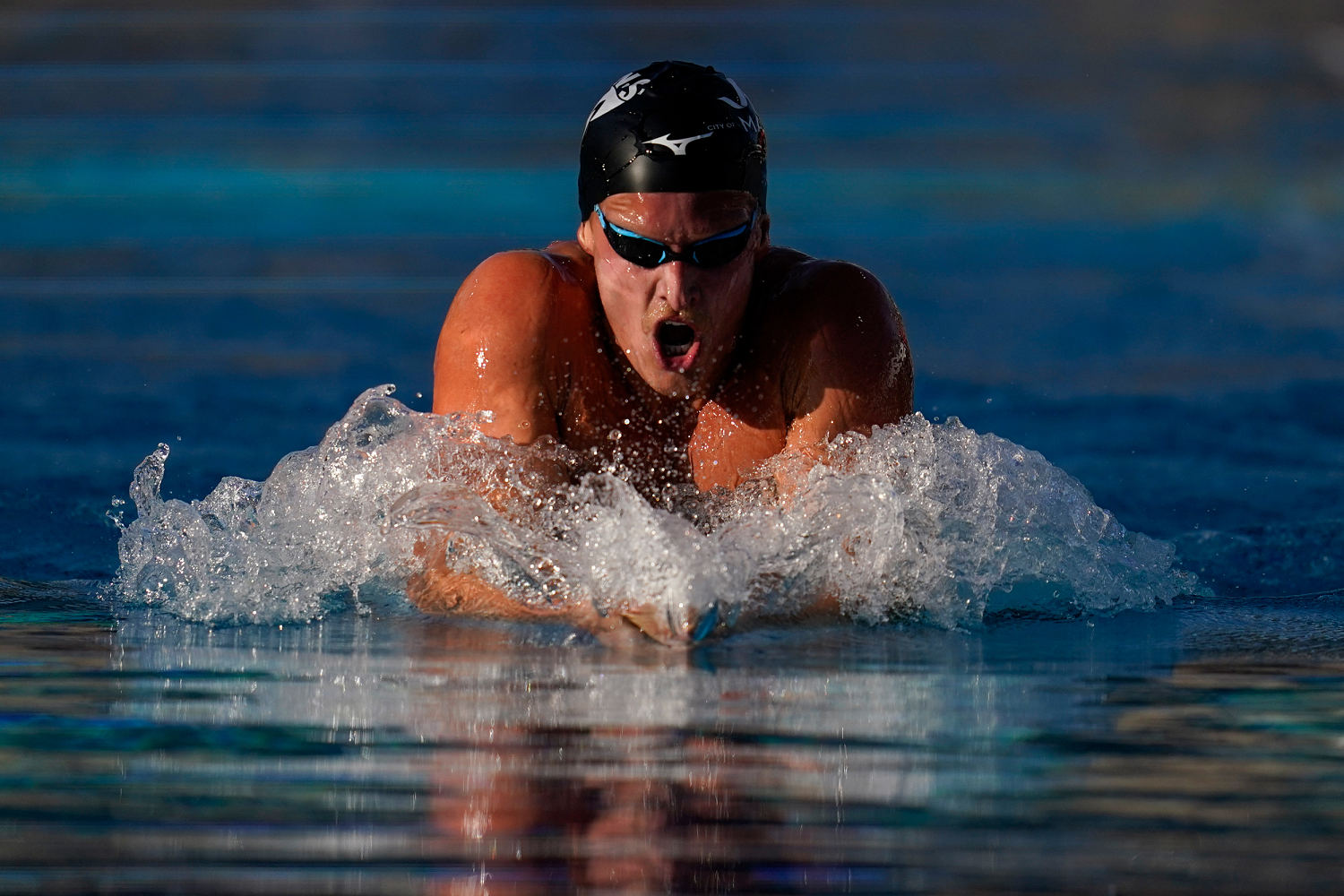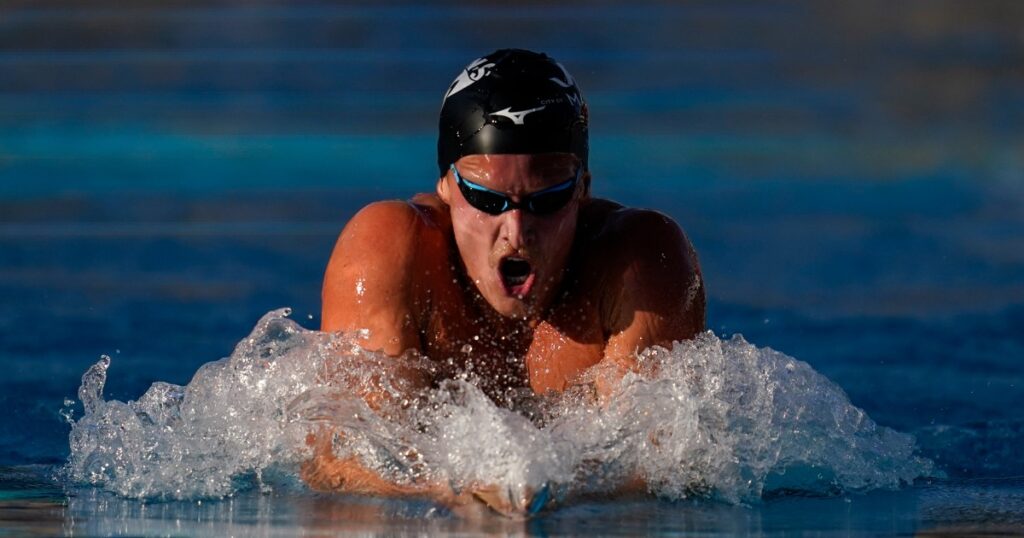
A federal judge signed off on arguably the biggest change in the history of college sports Friday, clearing the way for schools to begin paying their athletes millions of dollars as soon as next month as the multibillion-dollar industry shreds the last vestiges of the amateur model that defined it for more than a century.
Nearly five years after Arizona State swimmer Grant House sued the NCAA and its five biggest conferences to lift restrictions on revenue sharing, U.S. Judge Claudia Wilken approved the final proposal that had been hung up on roster limits, just one of many changes ahead amid concerns that thousands of walk-on athletes will lose their chance to play college sports.
The sweeping terms of the so-called House settlement include approval for each school to share up to $20.5 million with athletes over the next year and $2.7 billion that will be paid over the next decade to thousands of former players who were barred from that revenue for years.
The agreement brings a seismic shift to hundreds of schools that were forced to reckon with the reality that their players are the ones producing the billions in TV and other revenue, mostly through football and basketball, that keep this machine humming.
The scope of the changes — some have already begun — is difficult to overstate. The professionalization of college athletics will be seen in the high-stakes and expensive recruitment of stars on their way to the NFL and NBA, and they will be felt by athletes whose schools have decided to pare their programs. The agreement will resonate in nearly every one of the NCAA’s 1,100 member schools boasting nearly 500,000 athletes.
The road to a settlement
Wilken’s ruling comes 11 years after she dealt the first significant blow to the NCAA ideal of amateurism when she ruled in favor of former UCLA basketball player Ed O’Bannon and others who were seeking a way to earn money from the use of their name, image and likeness (NIL) — a term that is now as common in college sports as “March Madness” or “Roll Tide.” It was just four years ago that the NCAA cleared the way for NIL money to start flowing, but the changes coming are even bigger.
Wilken granted preliminary approval to the settlement last October. That sent colleges scurrying to determine not only how they were going to afford the payments, but how to regulate an industry that also allows players to cut deals with third parties so long as they are deemed compliant by a newly formed enforcement group that will be run by auditors at Deloitte.
The agreement takes a big chunk of oversight away from the NCAA and puts it in the hands of the four biggest conferences. The ACC, Big Ten, Big 12 and SEC hold most of the power and decision-making heft, especially when it comes to the College Football Playoff, which is the most significant financial driver in the industry and is not under the NCAA umbrella like the March Madness tournaments are.
Roster limits held things up
The deal looked ready to go since last fall, but Wilken put a halt to it after listening to a number of players who had lost their spots because of newly imposed roster limits being placed on teams.
The limits were part of a trade-off that allowed the schools to offer scholarships to everyone on the roster, instead of only a fraction, as has been the case for decades. Schools started cutting walk-ons in anticipation of the deal being approved.
Wilken asked for a solution and, after weeks, the parties decided to let anyone cut from a roster — now termed a “Designated Student-Athlete” — return to their old school or play for a new one without counting against the new limit.
Wilken ultimately agreed, going point-by-point through the objectors’ arguments to explain why they didn’t hold up.
“The modifications provide Designated Student-Athletes with what they had prior to the roster limits provisions being implemented, which was the opportunity to be on a roster at the discretion of a Division I school,” Wilken wrote
Winners and losers
The list of winners and losers is long and, in some cases, hard to tease out.
A rough guide of winners would include football and basketball stars at the biggest schools, which will devote much of their bankroll to signing and retaining them. For instance, Michigan quarterback Bryce Underwood’s NIL deal is reportedly worth between $10.5 million and $12 million.
Losers, despite Wilken’s ruling, figure to be at least some of the walk-ons and partial scholarship athletes whose spots are gone.
Also in limbo are Olympic sports many of those athletes play and that serve as the main pipeline for a U.S. team that has won the most medals at every Olympics since the downfall of the Soviet Union.
All this is a price worth paying, according to the attorneys who crafted the settlement and argue they delivered exactly what they were asked for: an attempt to put more money in the pockets of the players whose sweat and toil keep people watching from the start of football season through March Madness and the College World Series in June.
What the settlement does not solve is the threat of further litigation.
Though this deal brings some uniformity to the rules, states still have separate laws regarding how NIL can be doled out, which could lead to legal challenges. NCAA President Charlie Baker has been consistent in pushing for federal legislation that would put college sports under one rulebook and, if he has his way, provide some form of antitrust protection to prevent the new model from being disrupted again.

